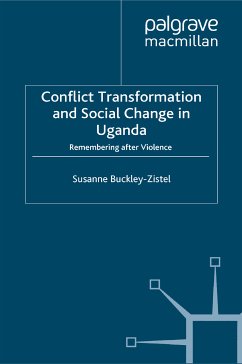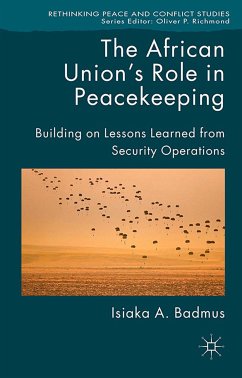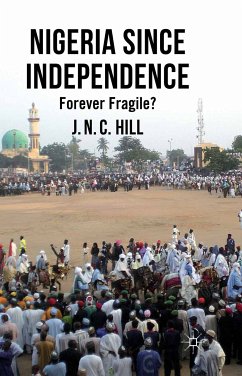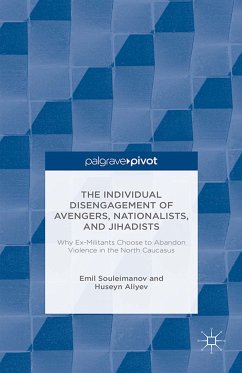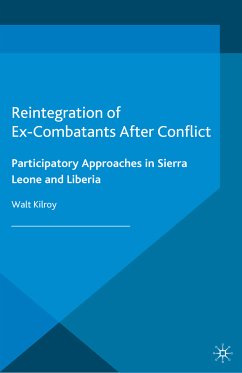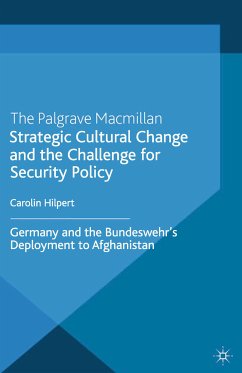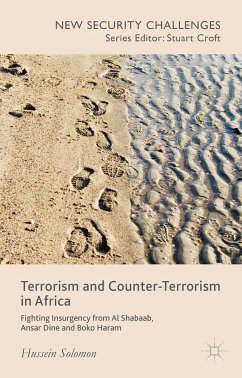
Terrorism and Counter-Terrorism in Africa (eBook, PDF)
Fighting Insurgency from Al Shabaab, Ansar Dine and Boko Haram
Versandkostenfrei!
Sofort per Download lieferbar
96,95 €
inkl. MwSt.
Weitere Ausgaben:

PAYBACK Punkte
48 °P sammeln!
Traditional counter-terrorism approaches, with their emphasis on the military, are failing. This is seen in the fact that there is an average of three terrorist attacks per day in Africa. This study calls for more holistic solutions, with an emphasis on development and better governance to curb the scourge of terrorism.
Dieser Download kann aus rechtlichen Gründen nur mit Rechnungsadresse in A, B, BG, CY, CZ, D, DK, EW, E, FIN, F, GR, HR, H, IRL, I, LT, L, LR, M, NL, PL, P, R, S, SLO, SK ausgeliefert werden.





